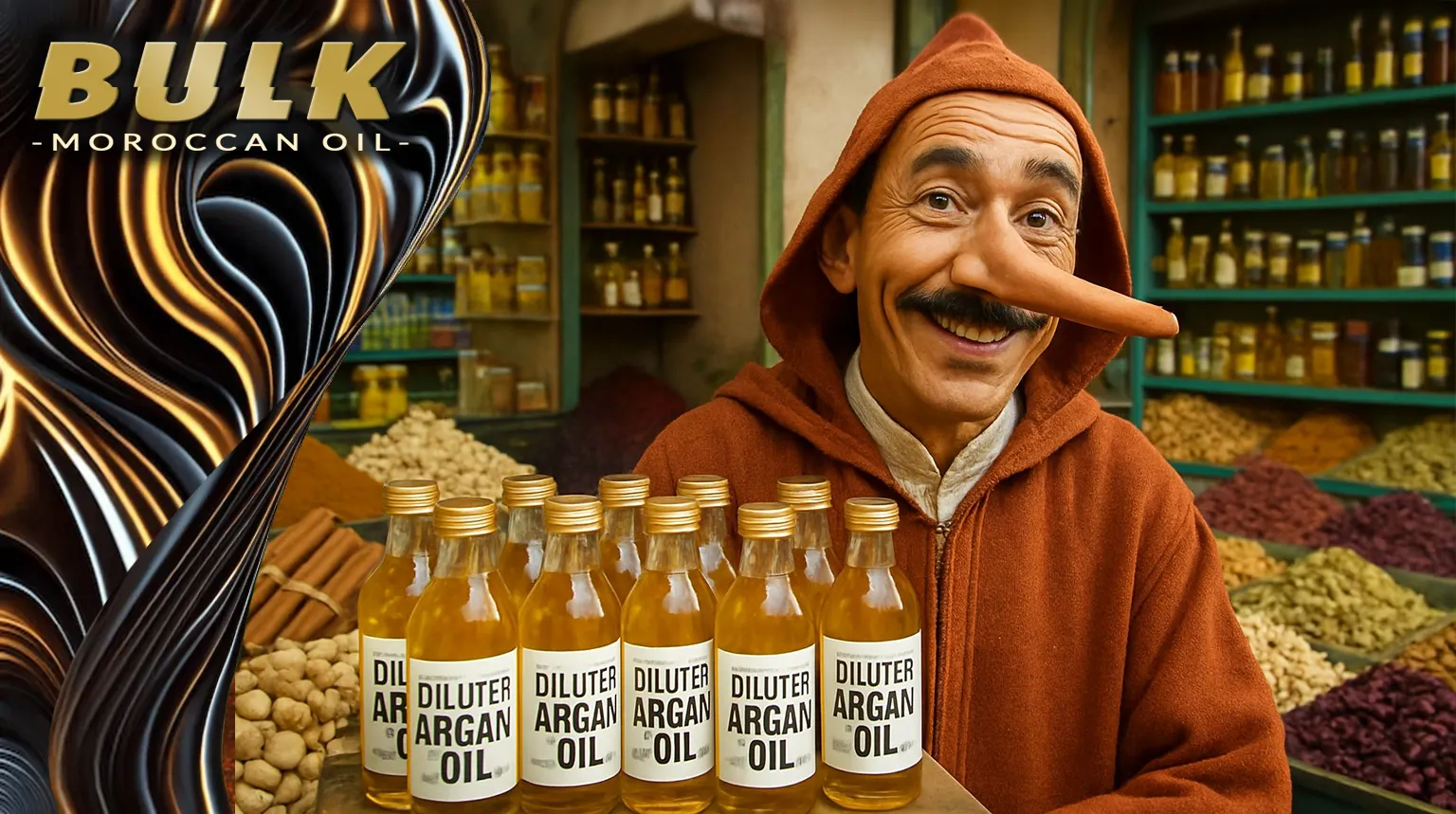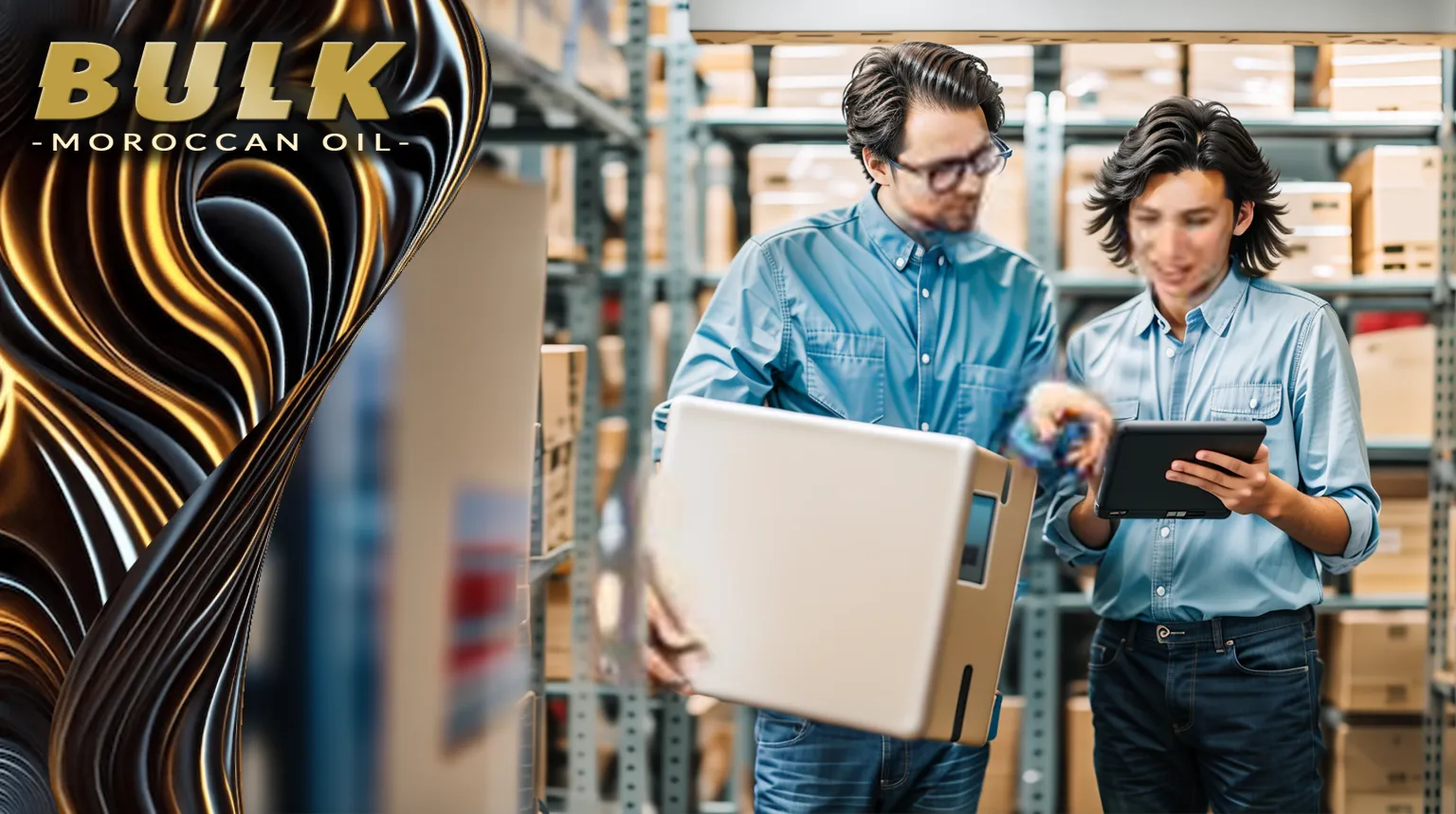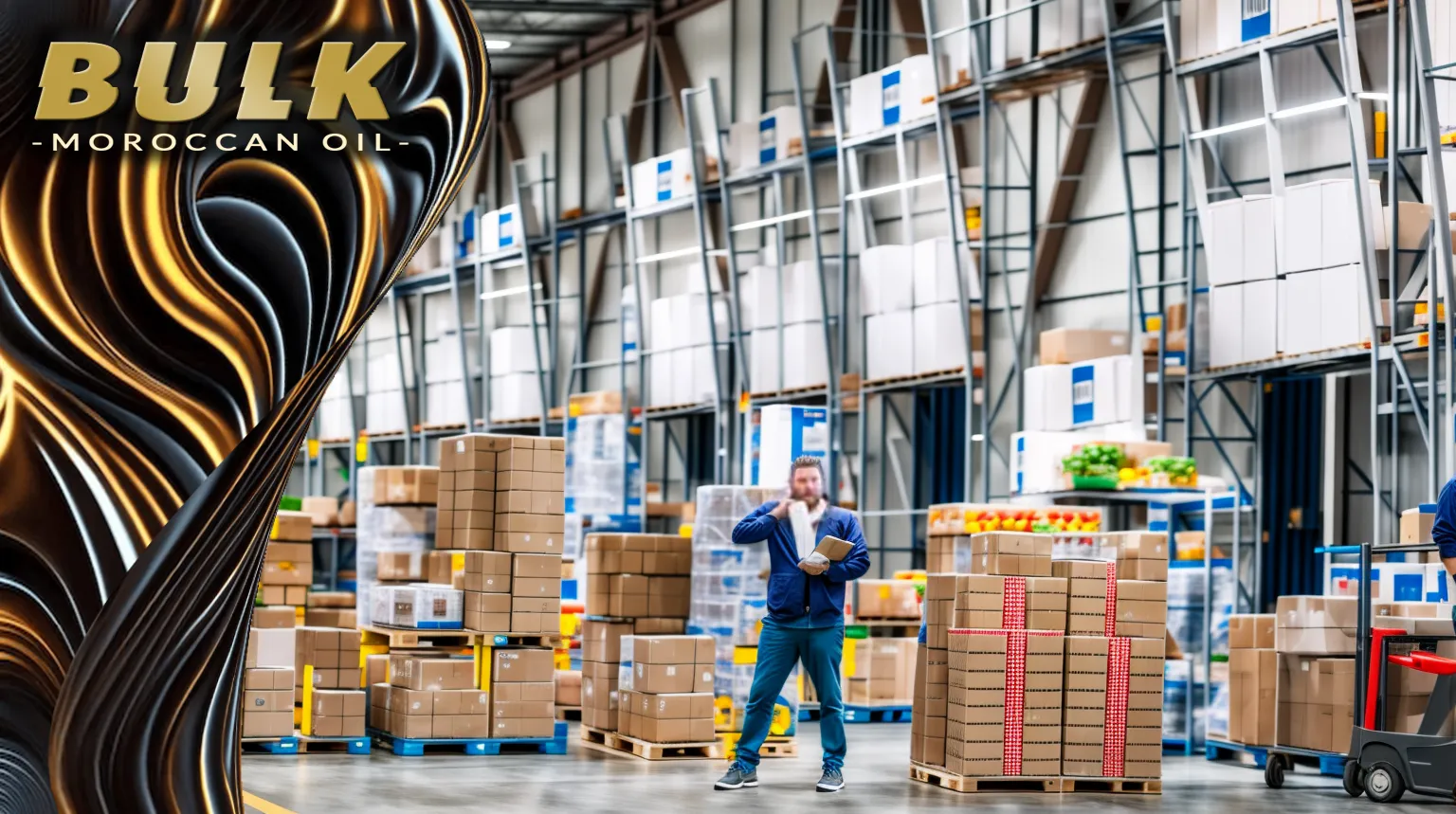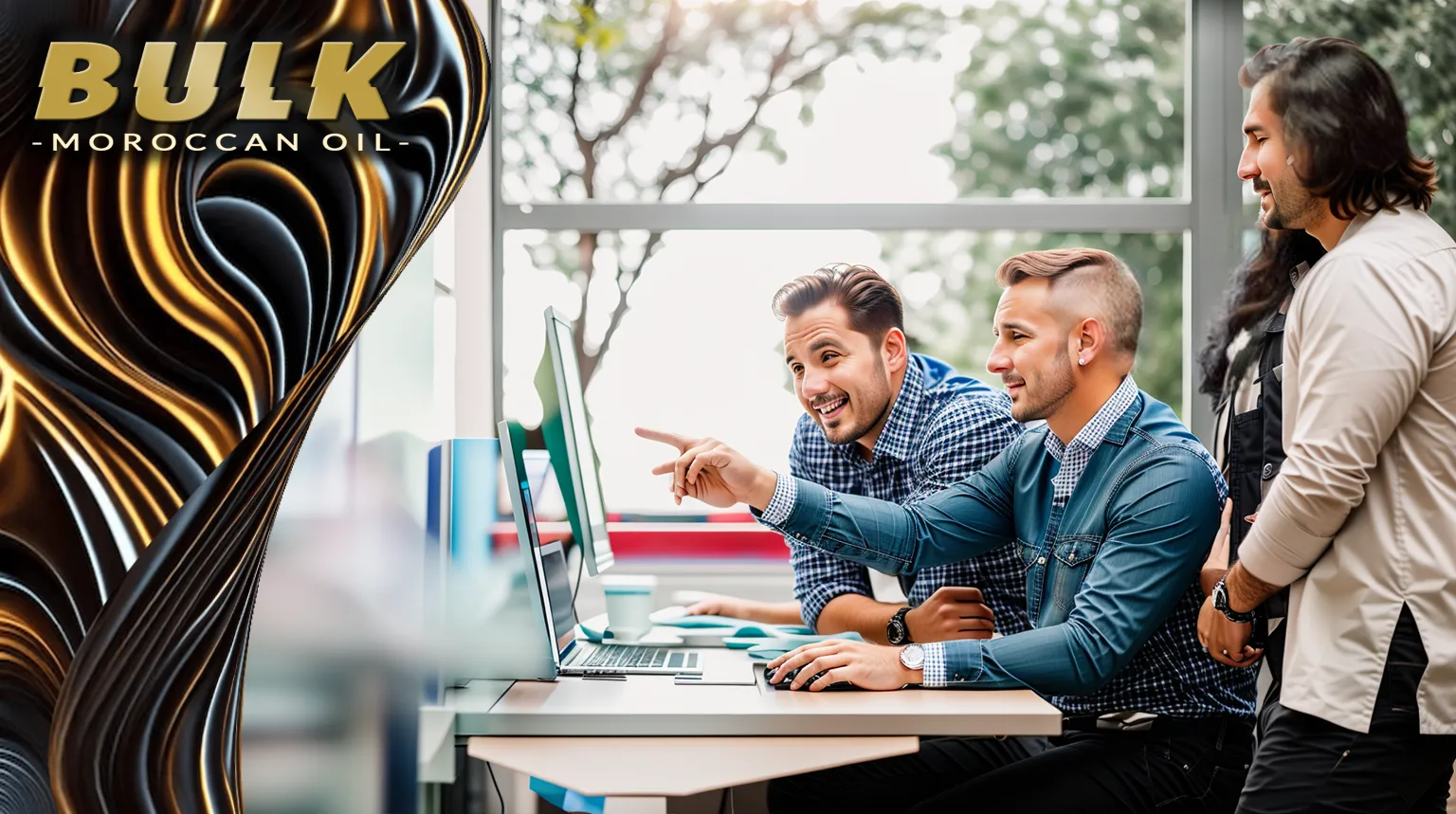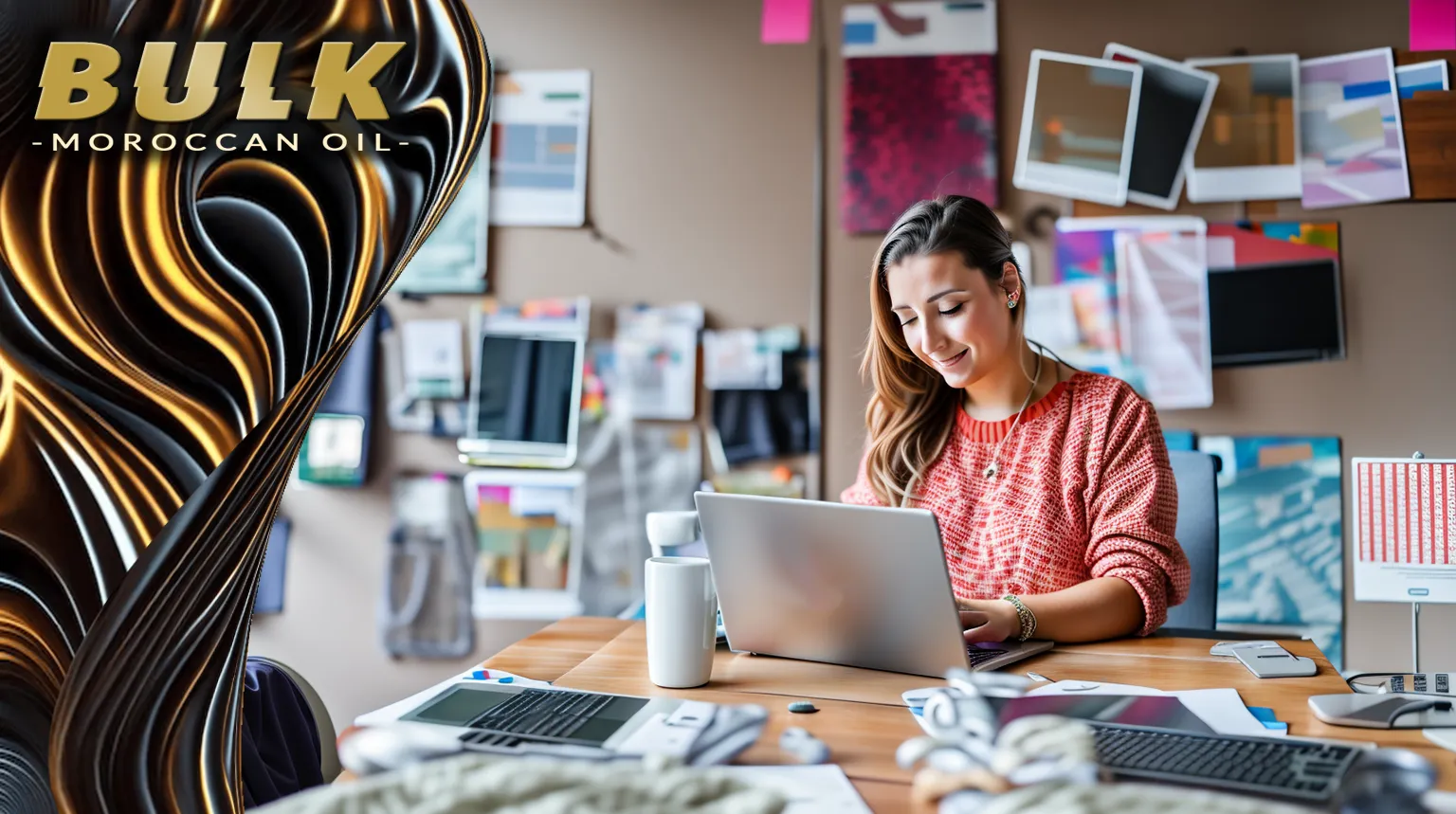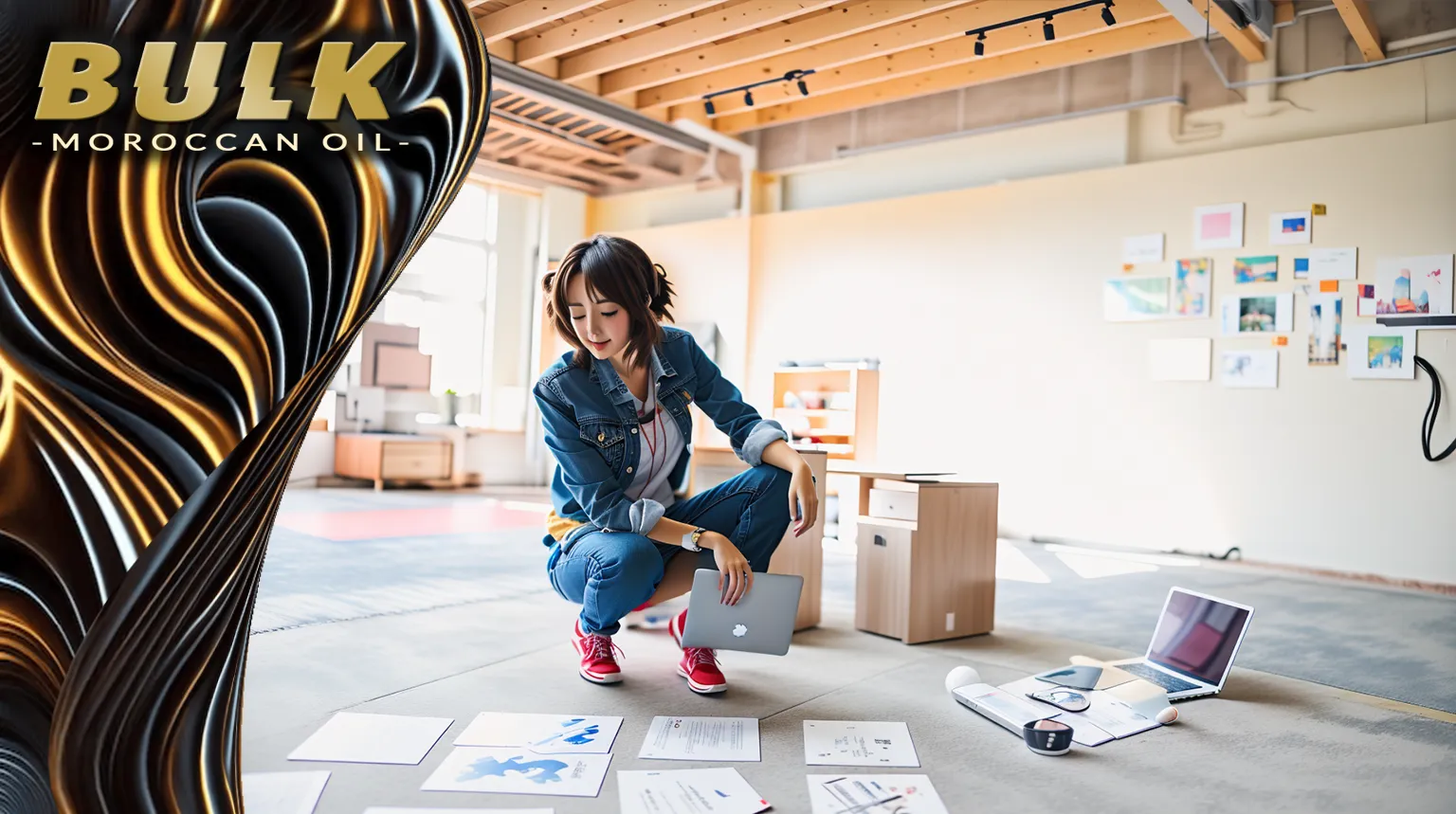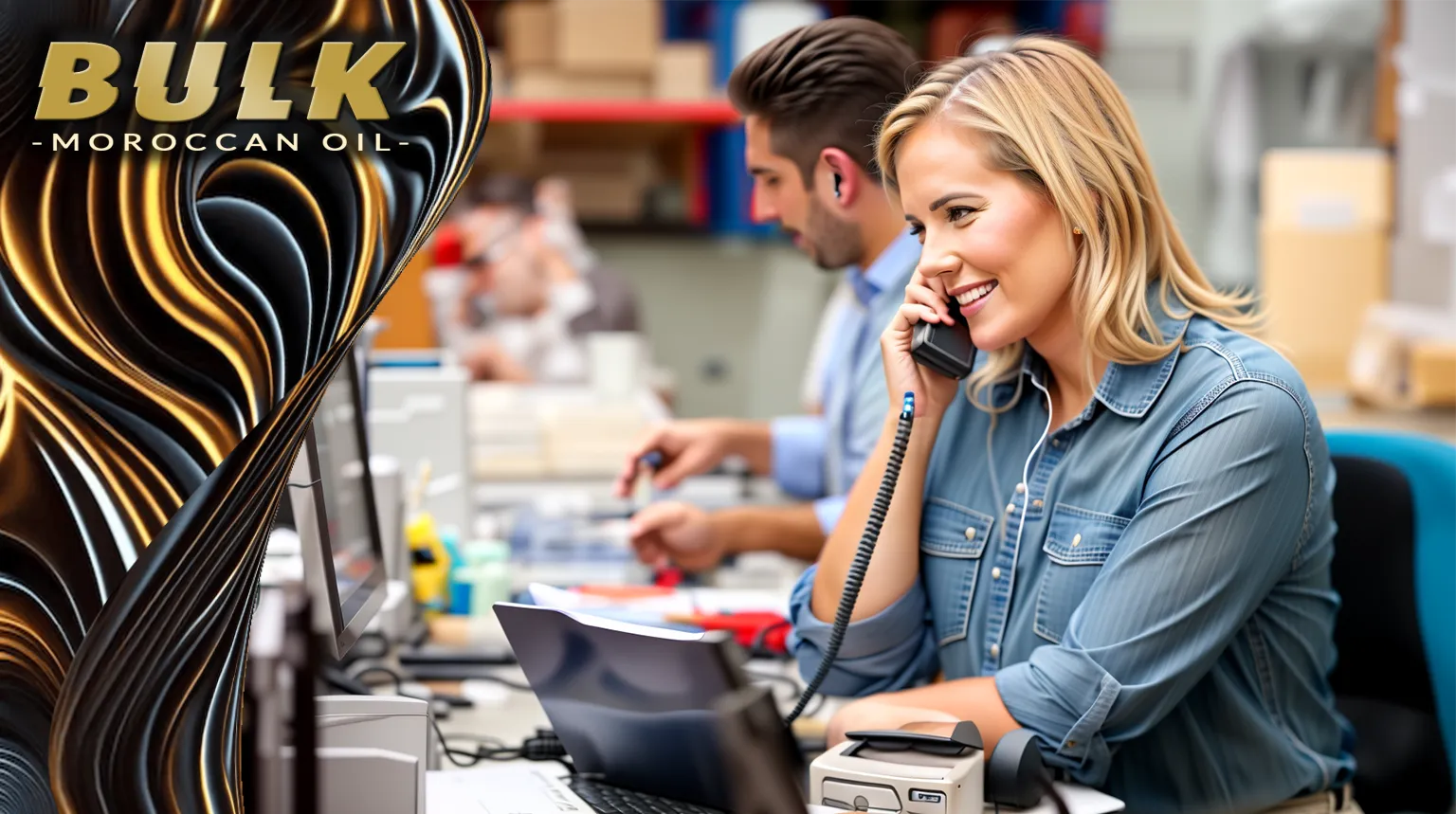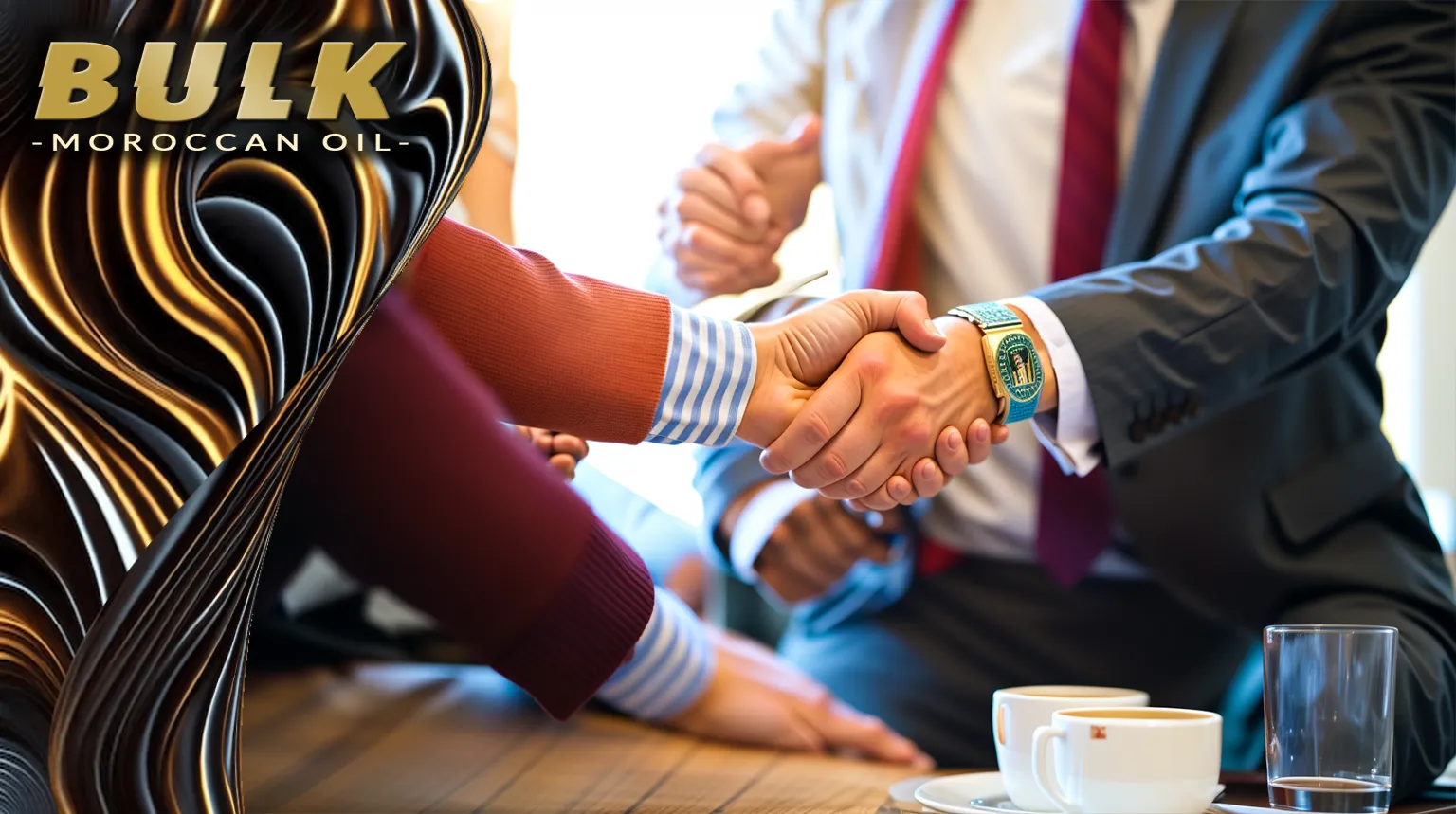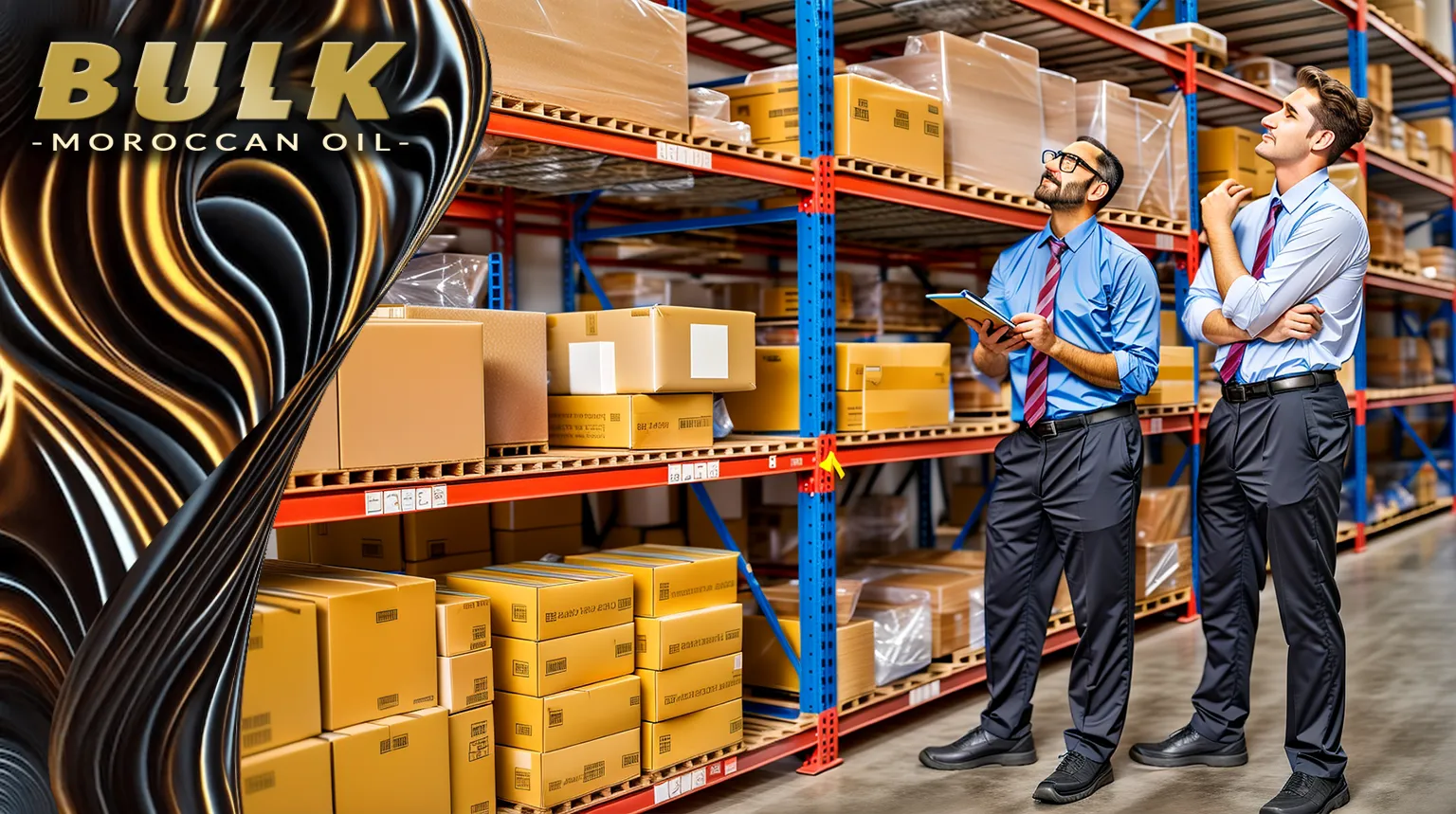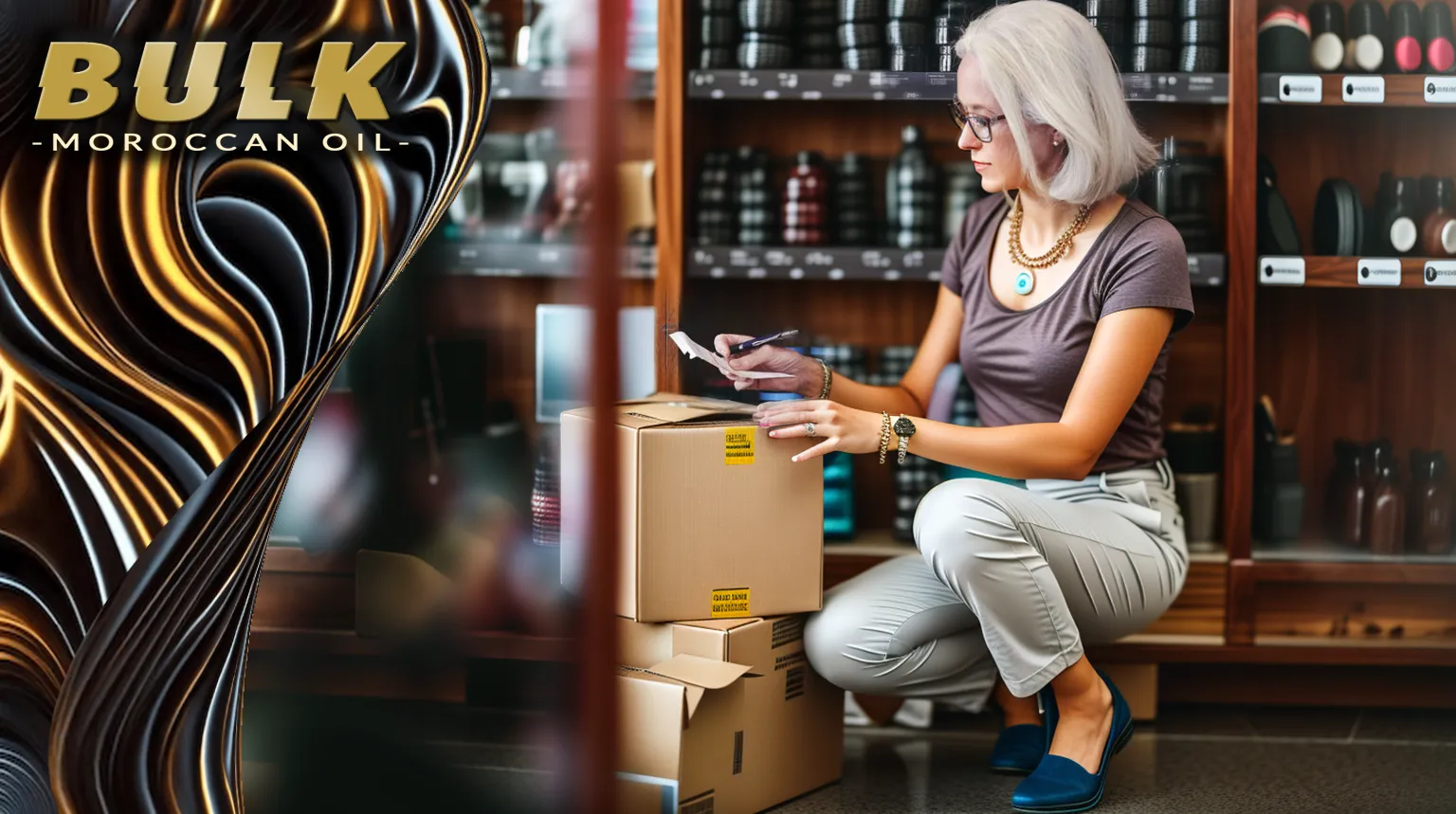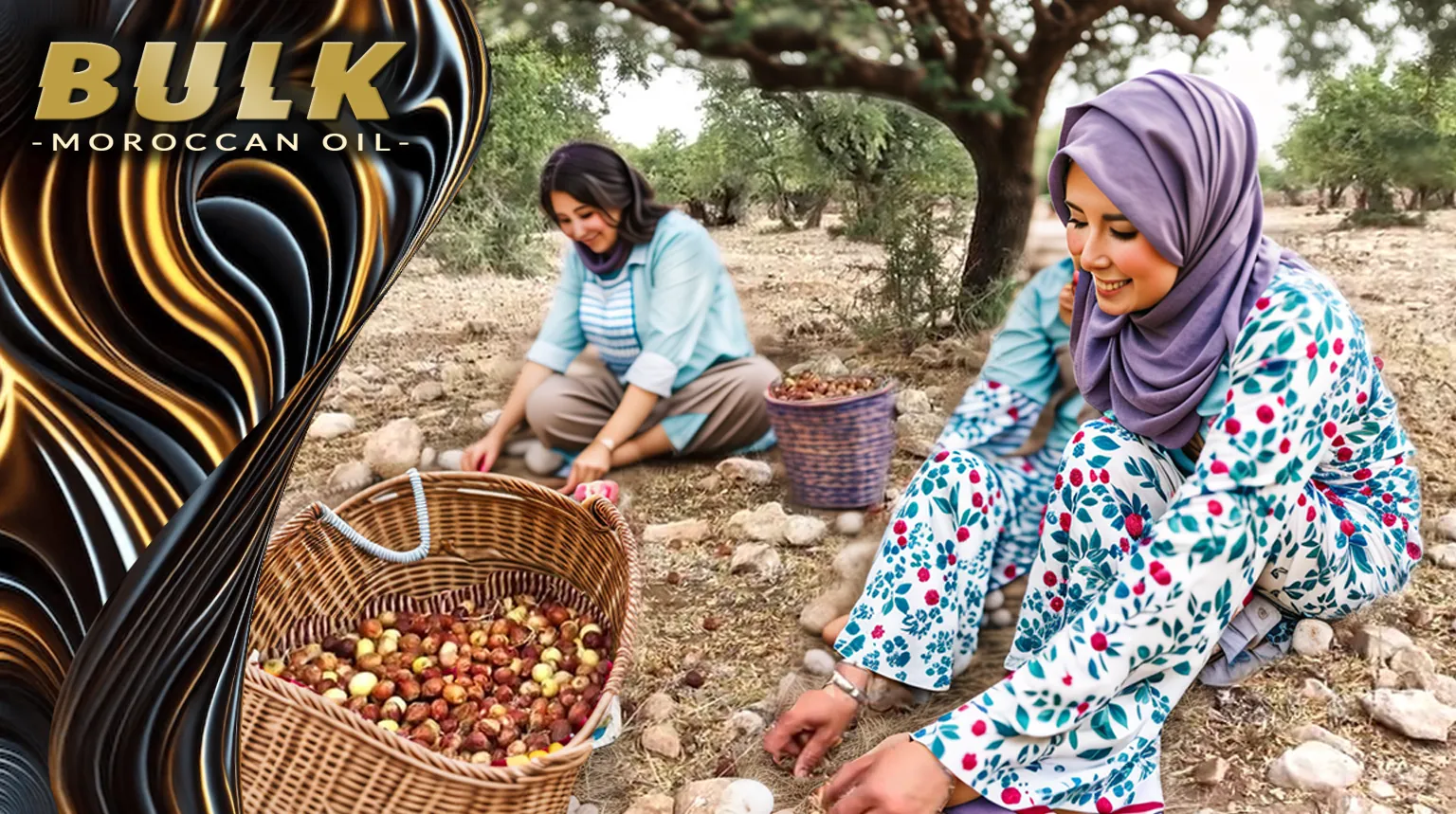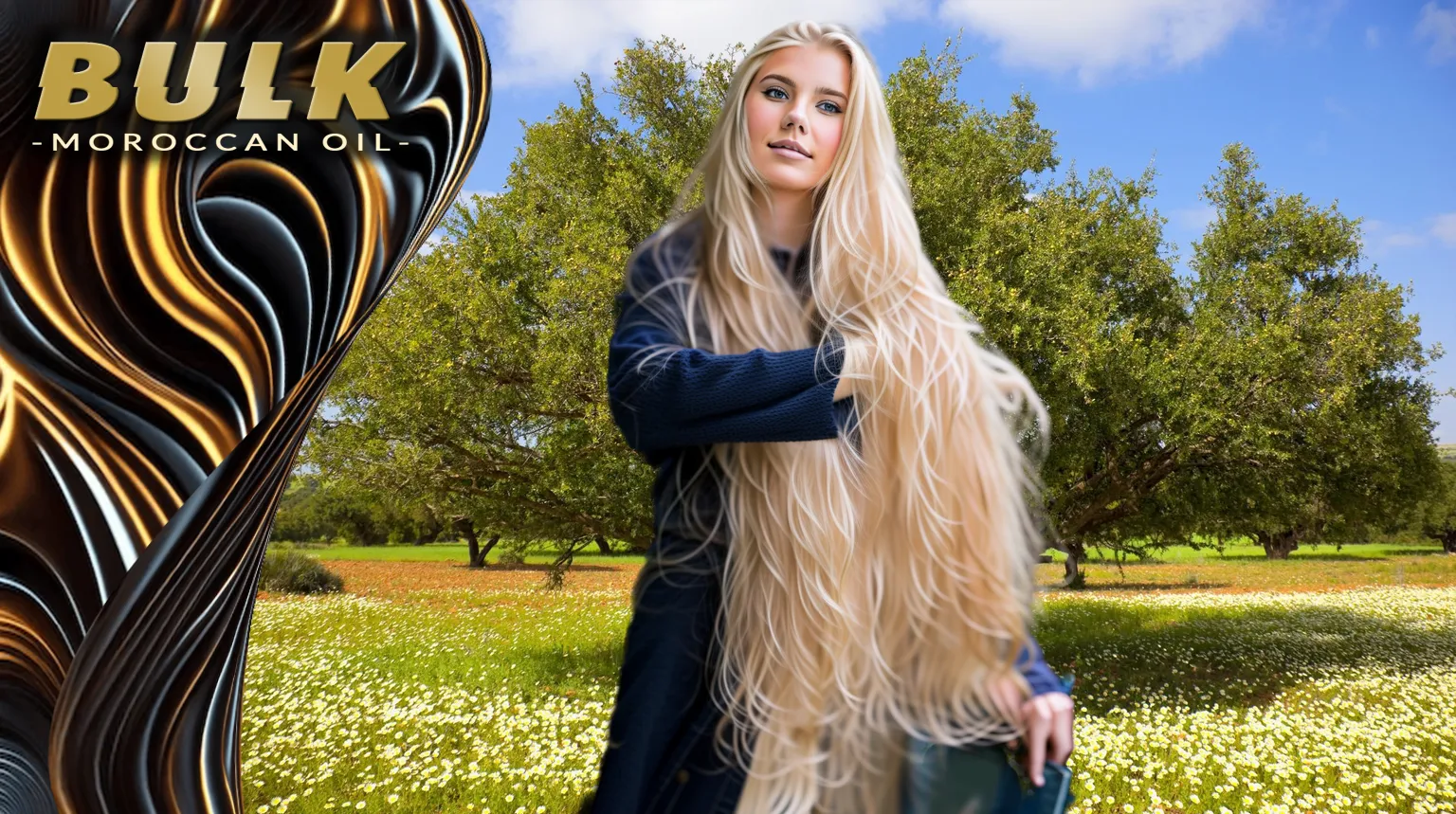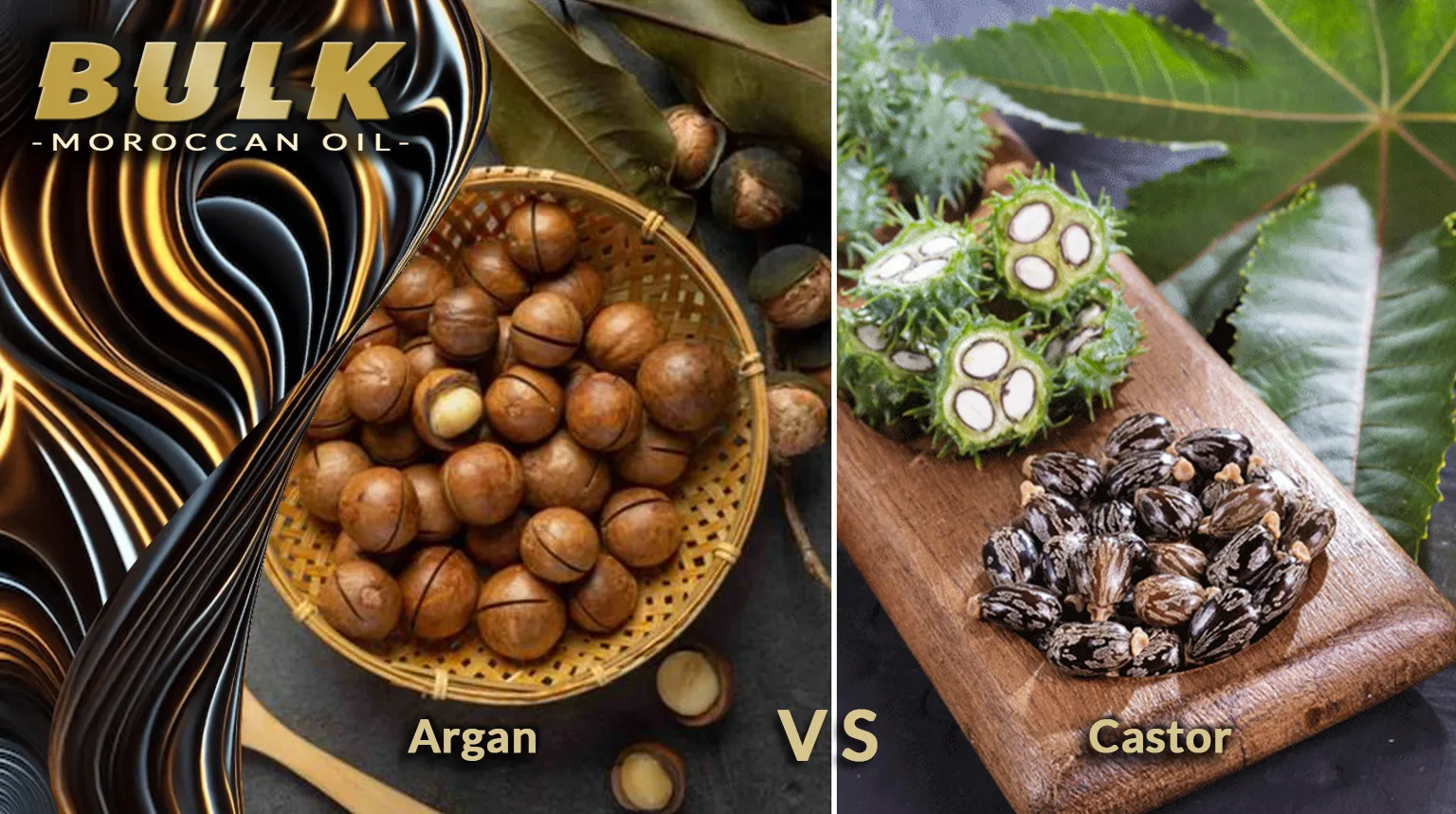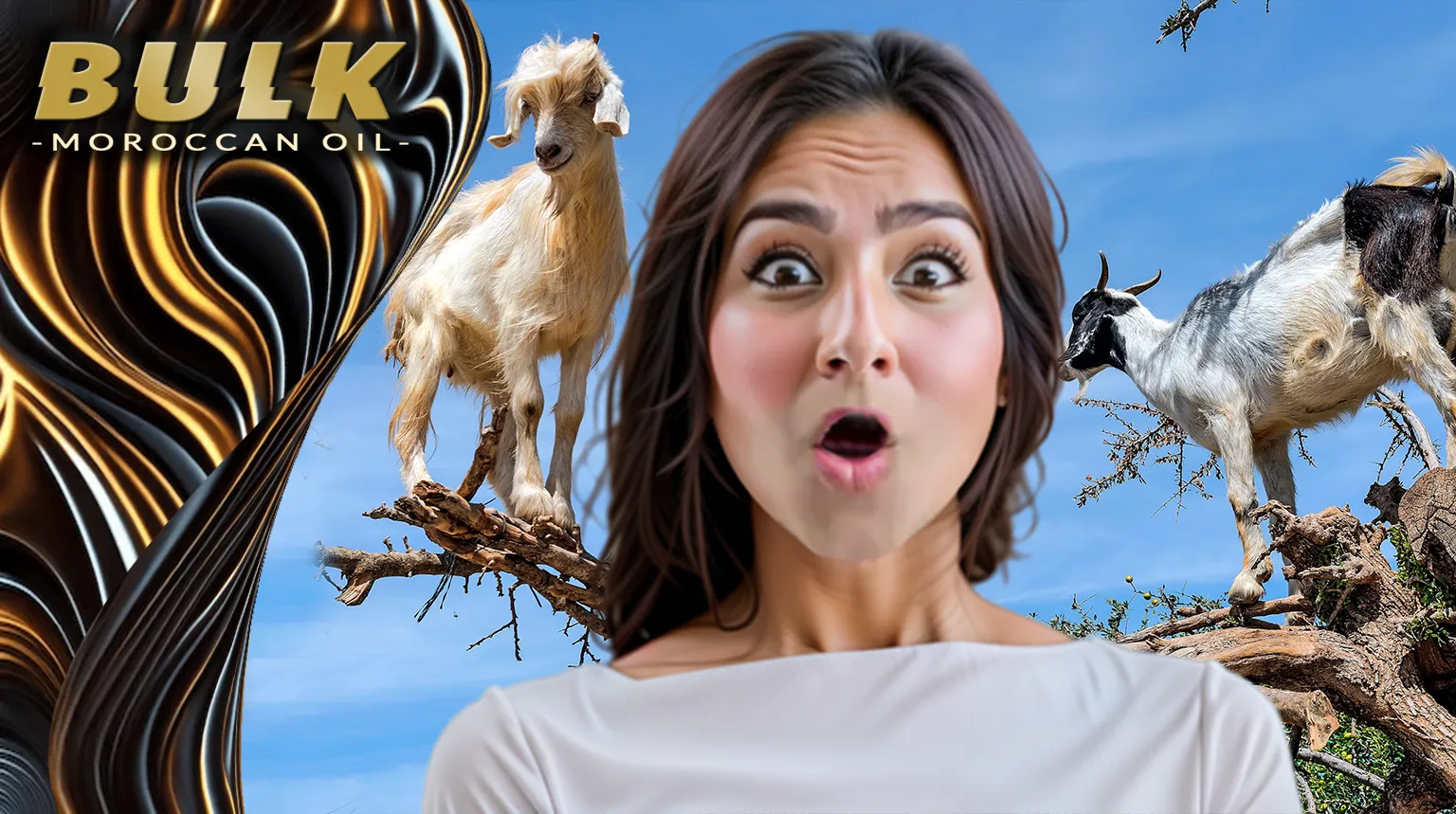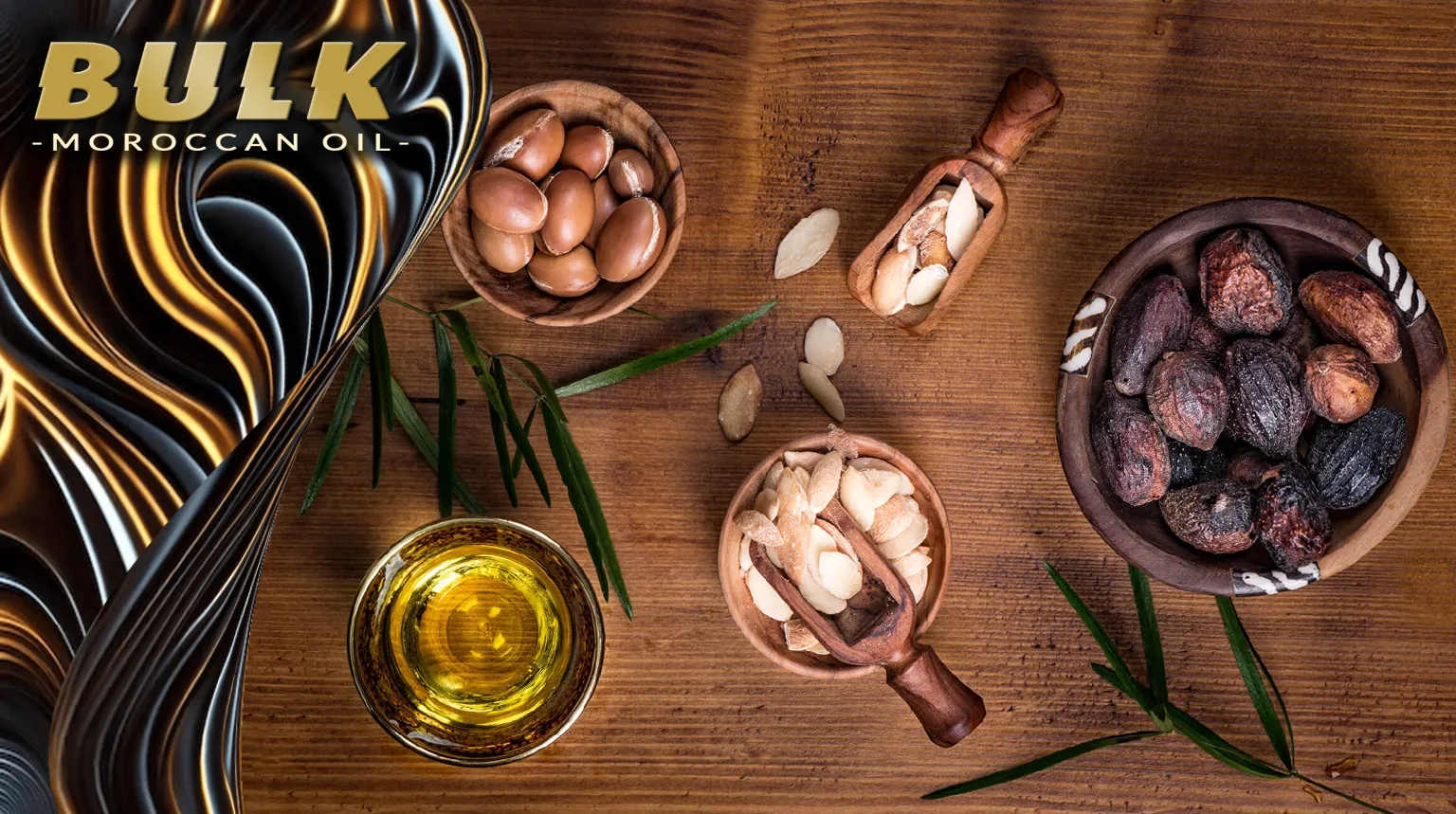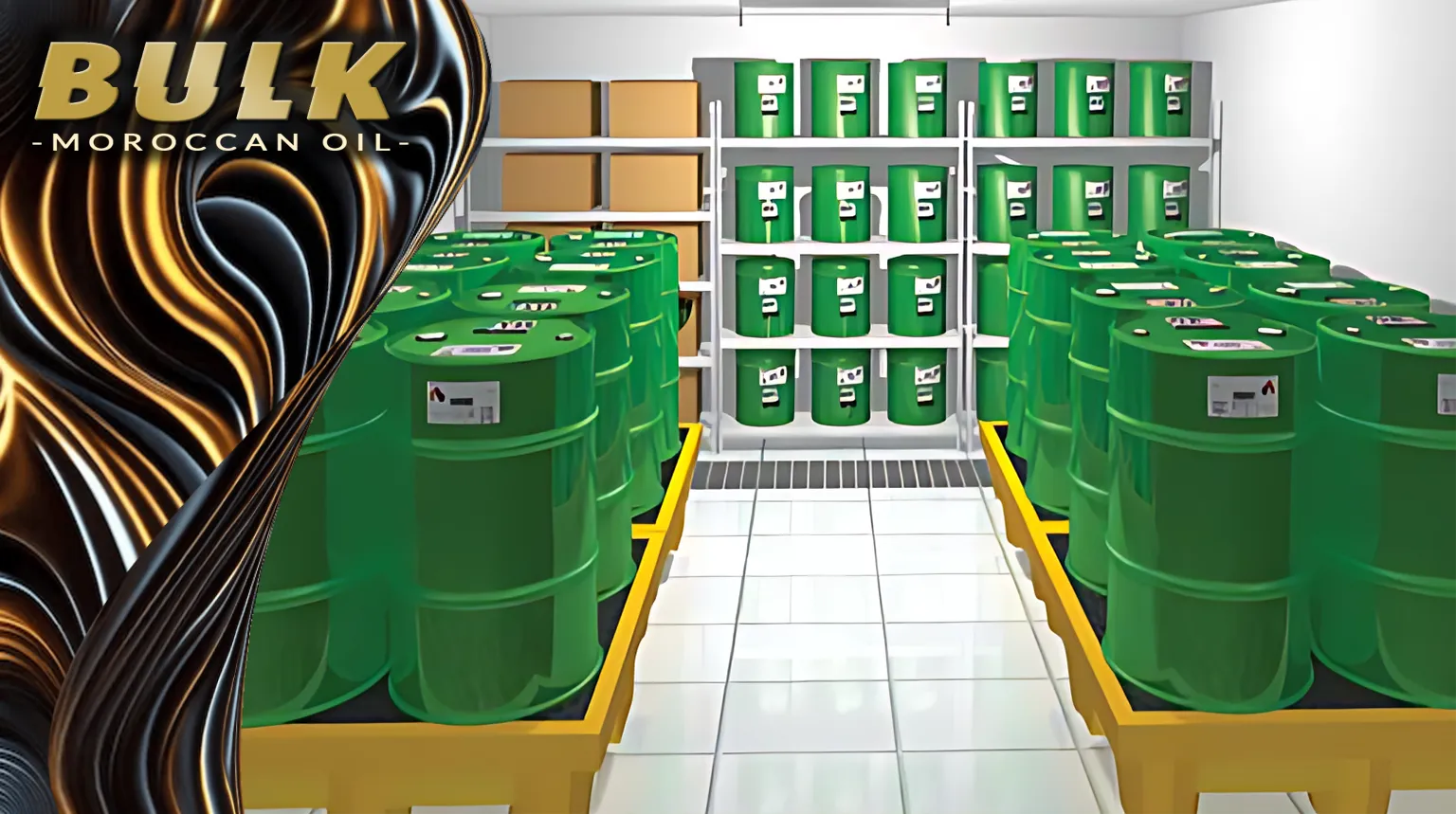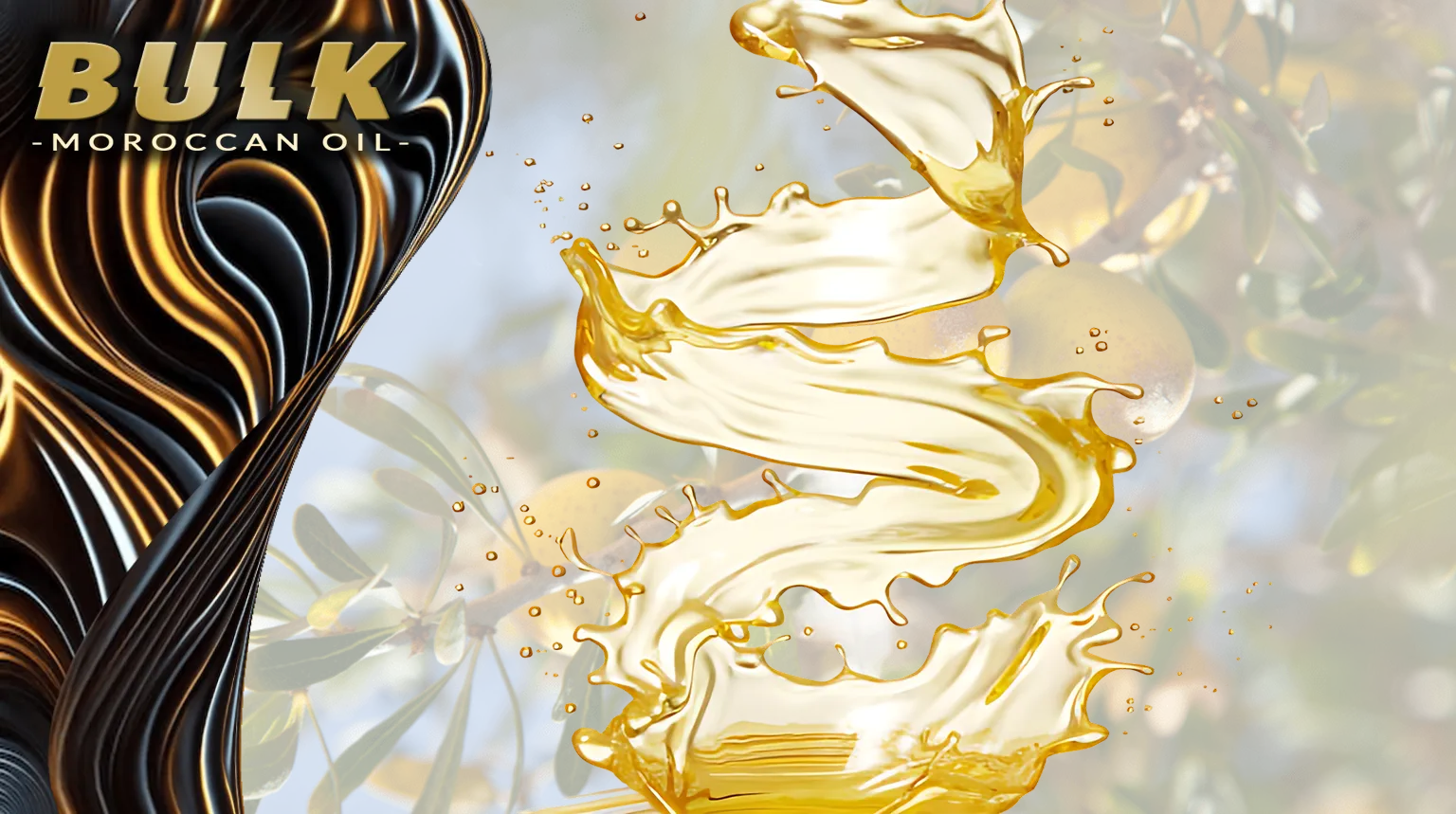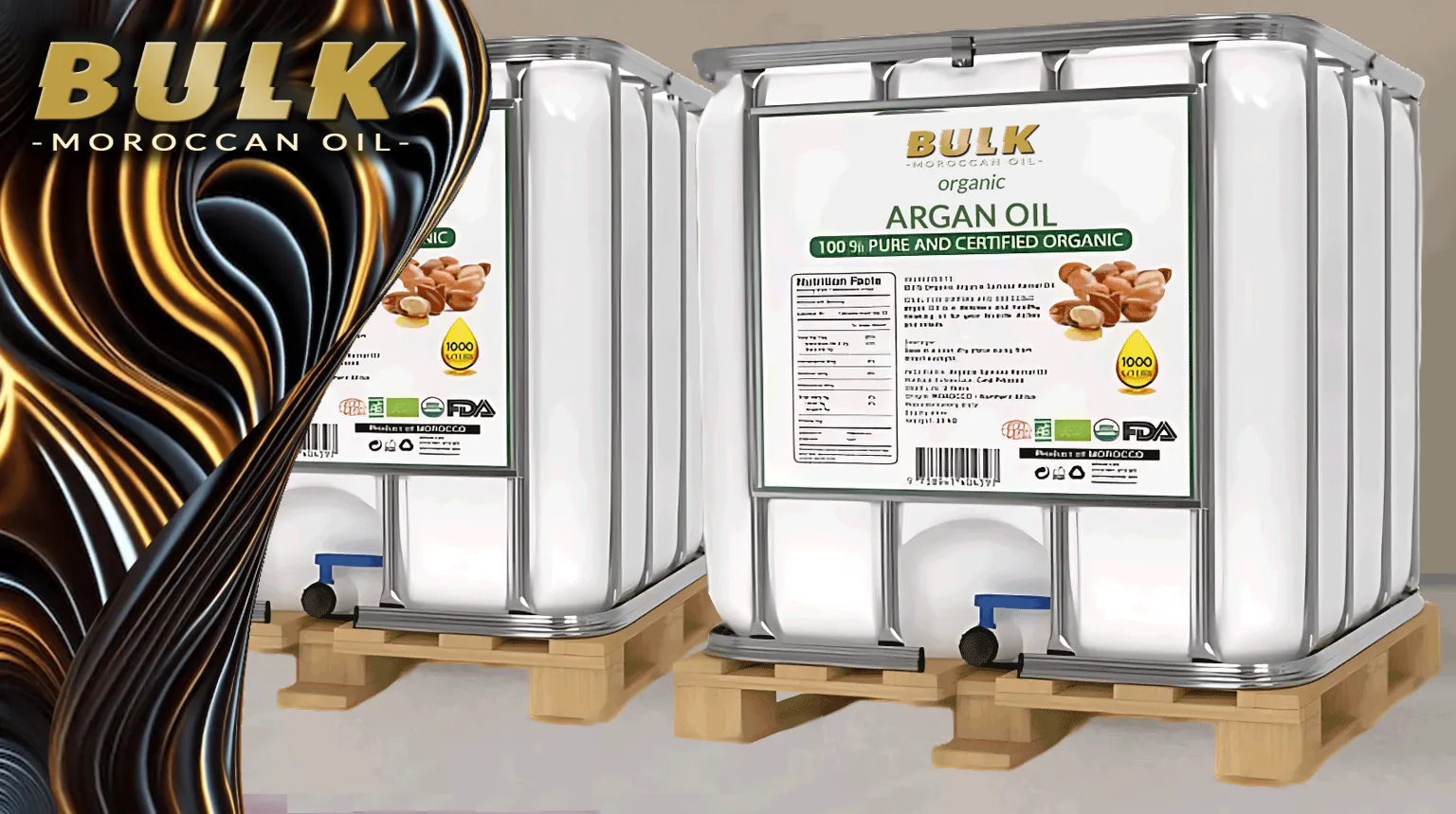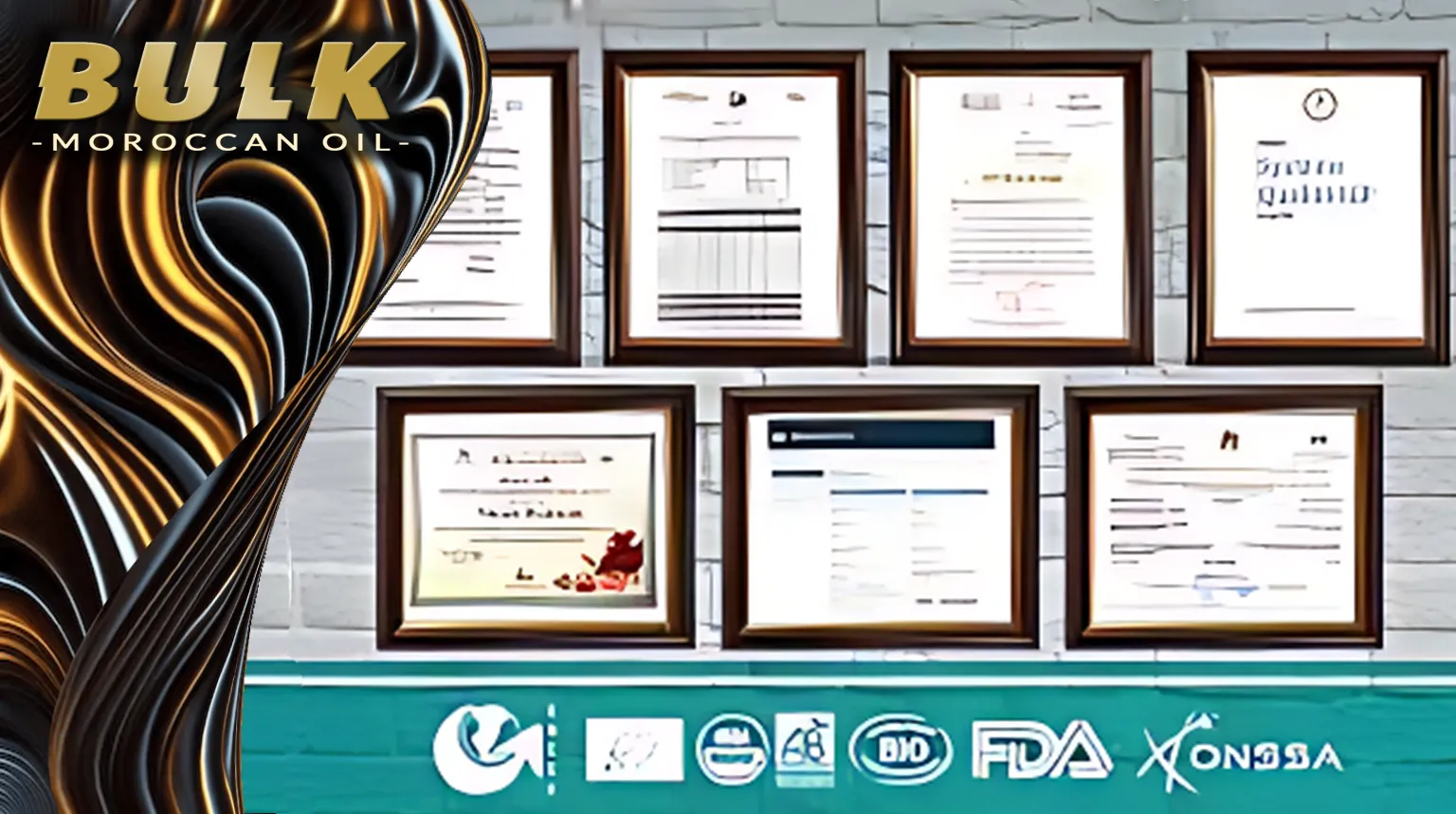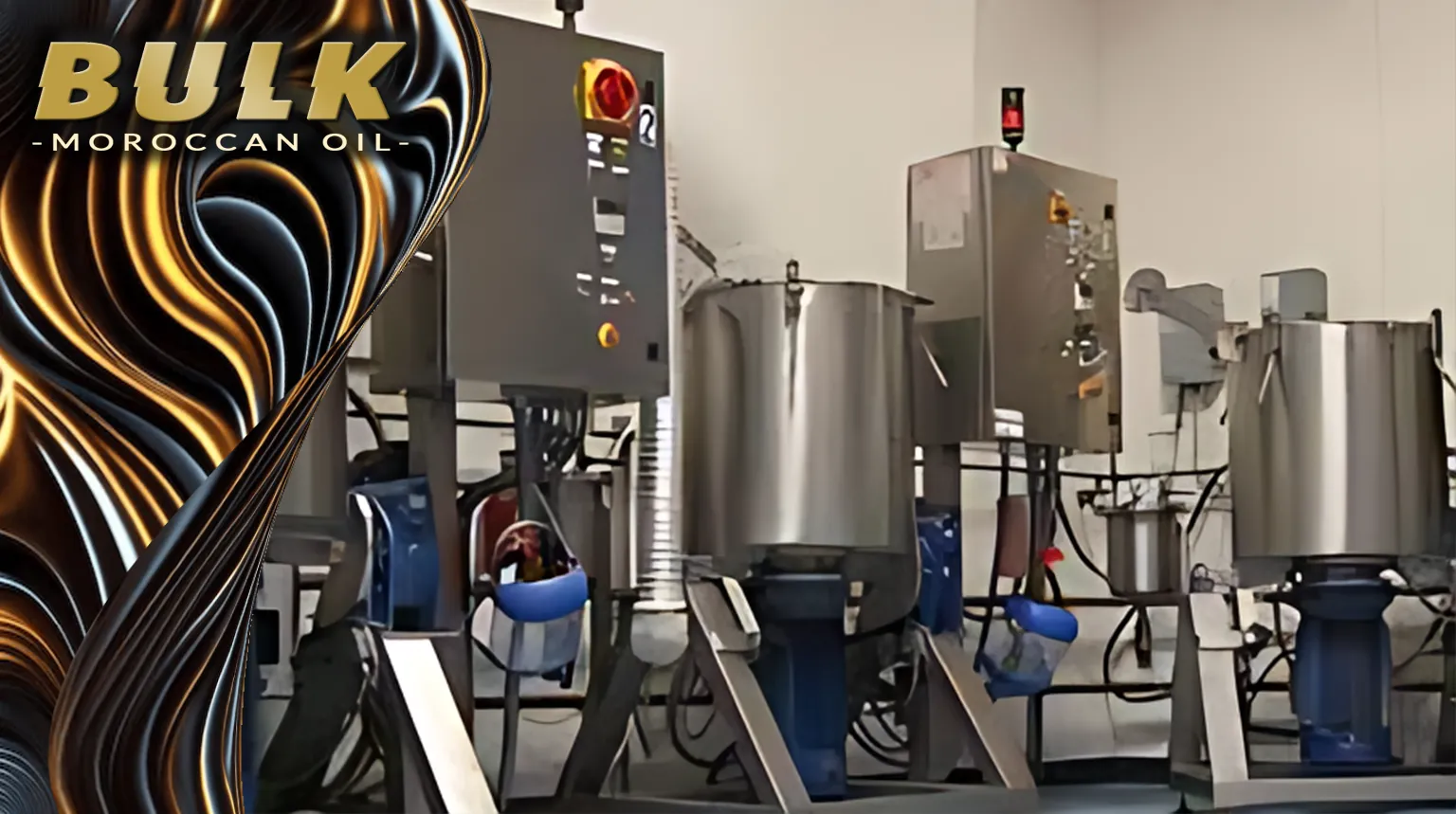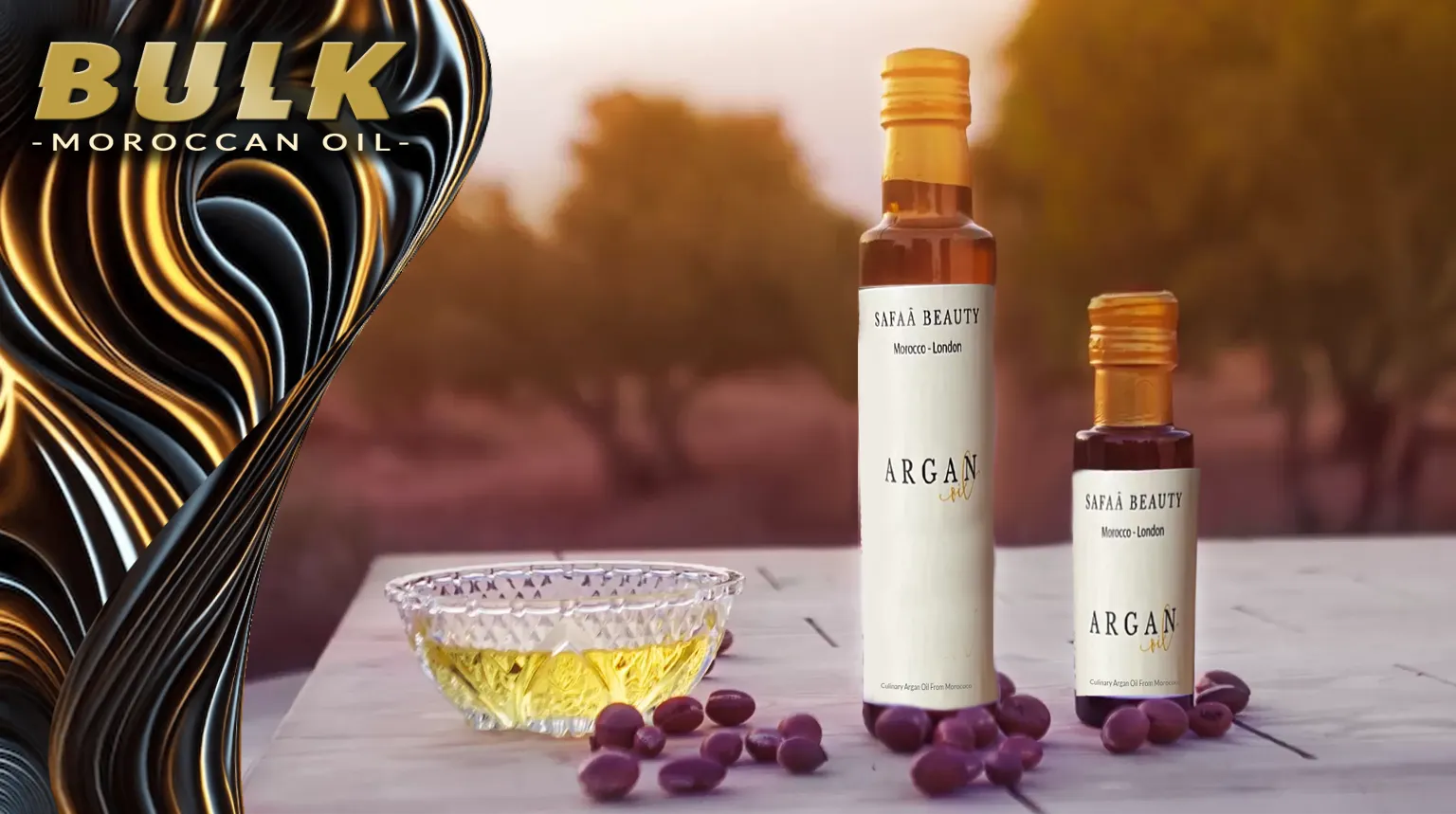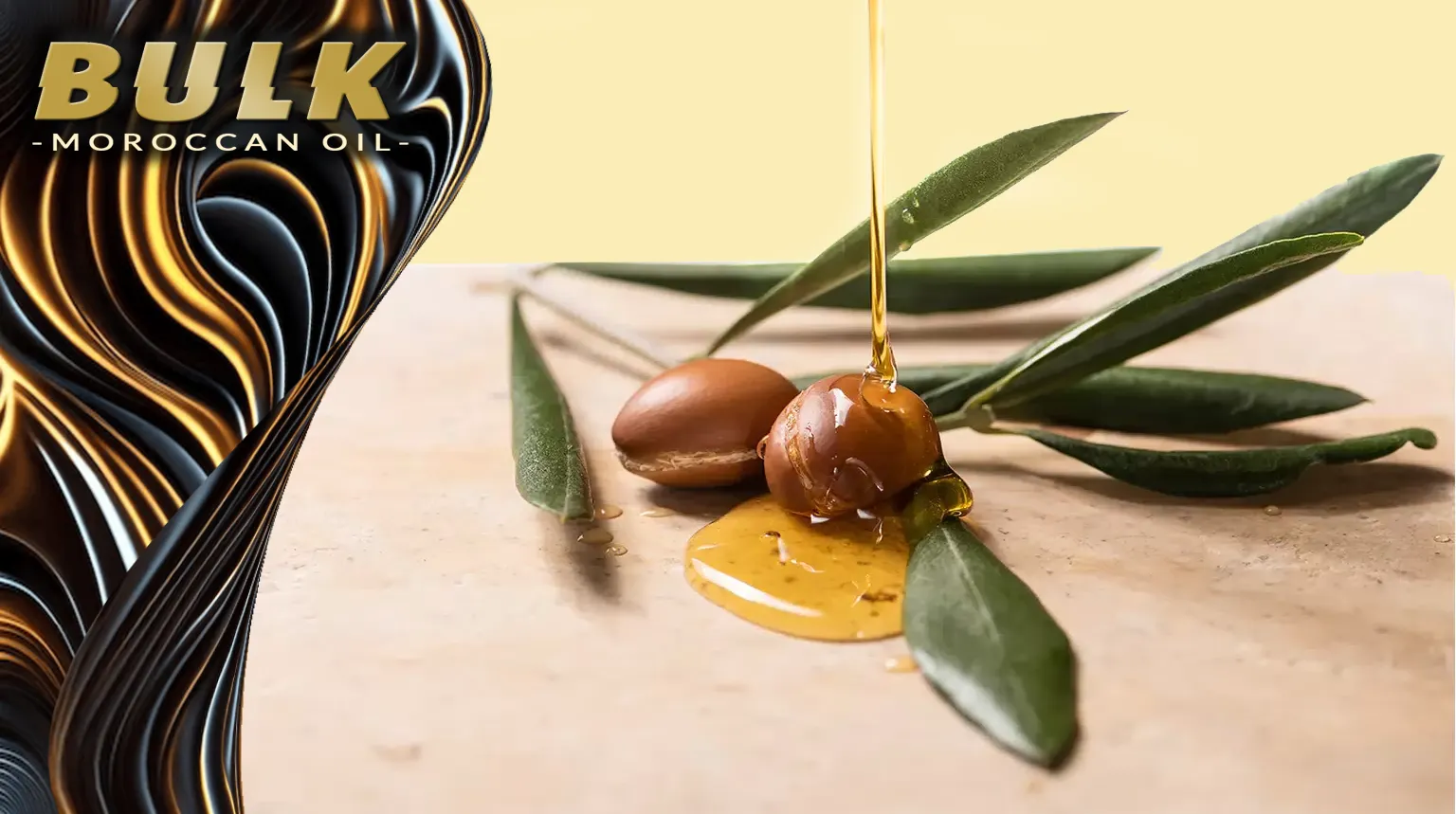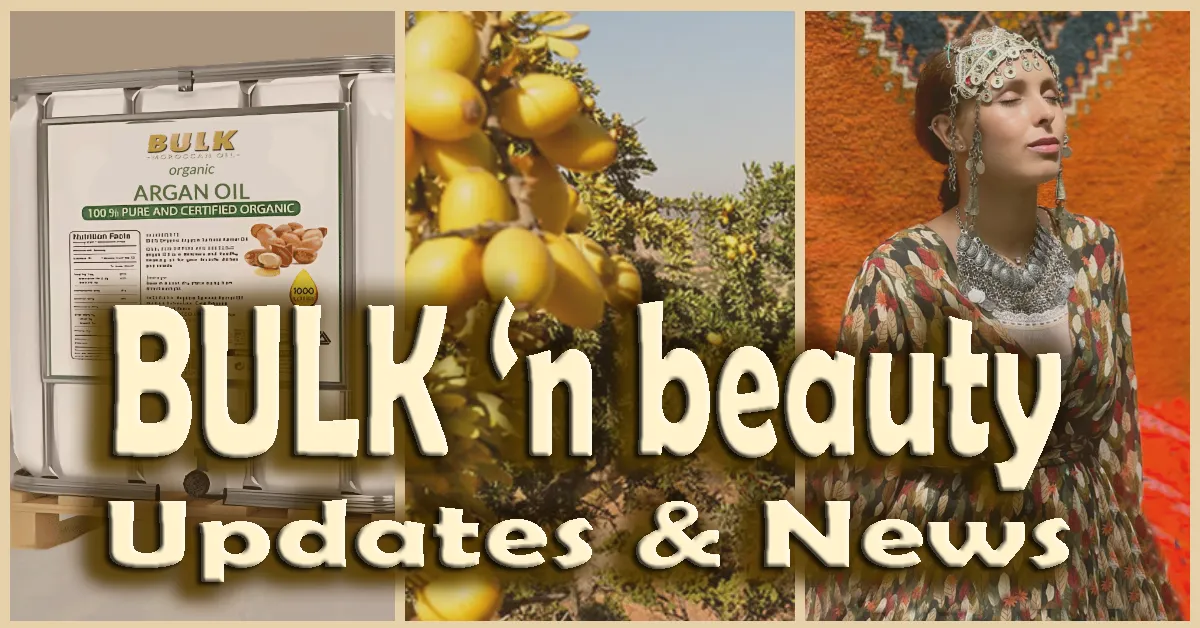Unraveling the Quality and Varieties of Moroccan Argan Oil
Argan oil, prized for its culinary and cosmetic applications, has captivated the world with its rich nutrients, distinctive flavor, and skin-nourishing properties. Sourced from the Moroccan Argan tree kernels, this oil offers remarkable benefits, but not all Argan oils are created equal. It is essential to understand Argan oil's different types or grades and their basis for qualification. This article will delve deep into these distinctions, making it worth your while if you are an avid user or planning to embed Argan oil into your lifestyle.
Content List:
- What is Argan Oil?
- The Argan Tree: Source of This Traditional Oil
- What are the Properties of Argan Oil?
- What are the Different Types of Argan Oil?
- Where does Argan Oil Come From?
- How is Quality Controlled in Argan Oil Production?
- How is Argan Oil Extracted?
- What is Virgin Argan Oil and How is it Different from Regular Argan Oil?
- How to Detect Adulteration in Argan Oil?
- Where can you Buy Quality Argan Oil?
This blog is brought to you by BULK Moroccan Oil, your wholesale supplier for organic pure Argan oil.
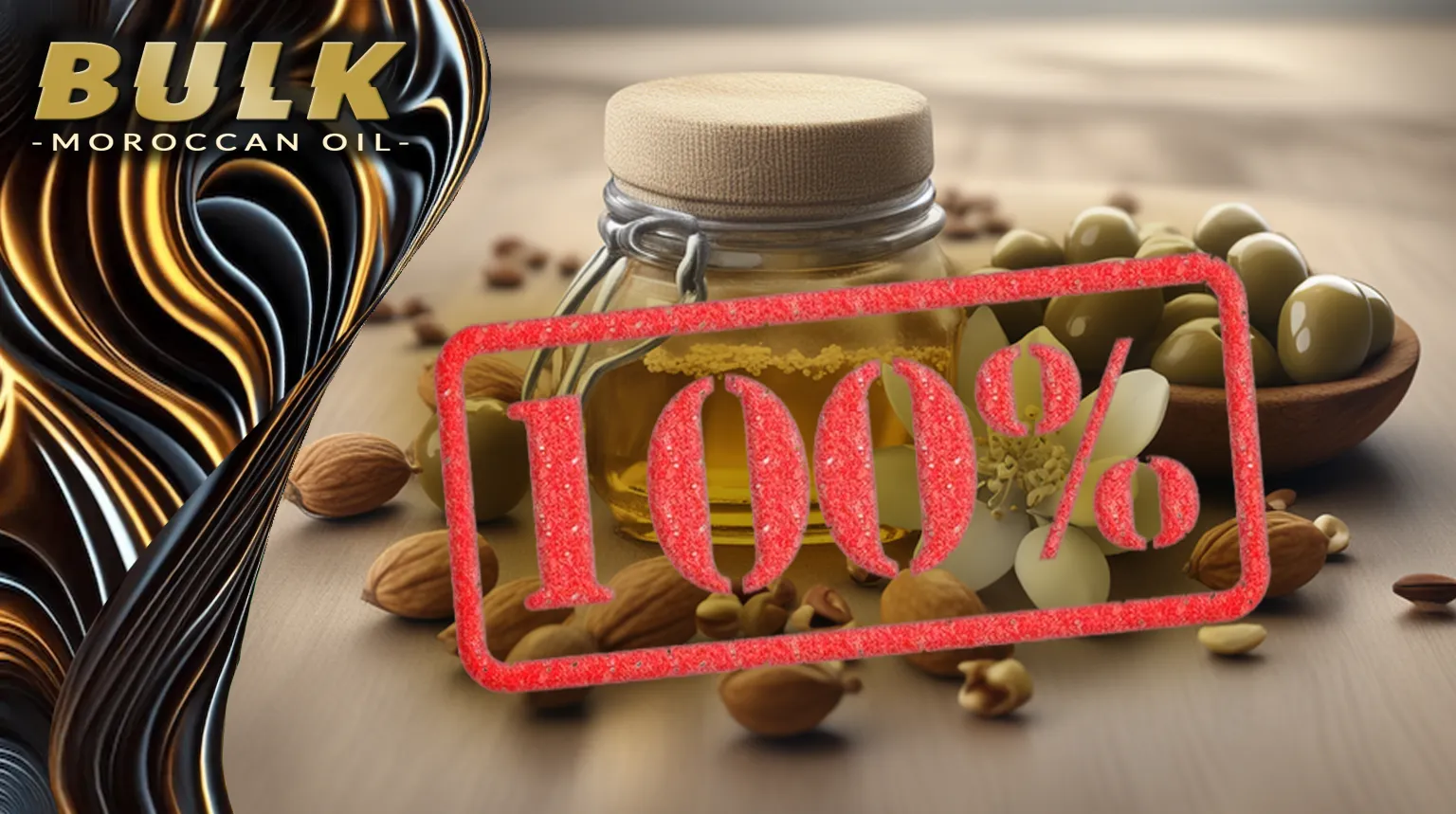
What is Argan Oil?
Argan oil is a vegetable oil extracted from the kernels of the Argan tree's fruit. Rich in essential fatty acids and antioxidants, Argan oil is celebrated globally for its nutritional, cosmetic, and medicinal properties. It's often called "liquid gold" due to its golden hue and valuable benefits. The benefits of Argan oil are numerous in both nutritional and cosmetic use. Argan oil is a seed oil cold pressed from Argan nuts.
The Argan Tree: Source of This Traditional Oil
The Argan tree, indigenous to Morocco, is the sole source of this precious oil. These hardy trees thrive in the semi-desert soils of the Moroccan Argan forest and have adapted to extreme weather conditions, making them a symbol of resilience. The oil is harvested from the Argan fruit, which houses the valuable kernel used to produce the oil.
What are the Properties of Argan Oil?
Cold pressed Argan oil is very rich in fatty acids, particularly linoleic and oleic acids, making it incredibly nourishing for both internal and external use. It also boasts high levels of vitamin E, known for its powerful antioxidant properties. This profile makes Argan oil a potent ally against oxidative stress and inflammation, particularly when used topically.
What are the Different Types of Argan Oil?
There are two main types of Argan oil – cosmetic grade and edible. Cosmetic Argan oil is prepared from unroasted Argan kernels, preserving its light color and mild odor, making it suitable for topical applications. On the other hand, culinary or edible Argan oil is achieved by cold-pressing roasted Argan kernels, which impart a distinct nutty flavor, making it a delicious and nutritious addition to various dishes.
Where does Argan Oil Come From?
Argan oil's origin is deeply rooted in Moroccan culture. Moroccan Argan oil is traditionally hand-pressed by the local Berber women, meaning every drop of this precious oil is a result of hours of laborious work. This traditional method of extraction is now often replaced by cold-pressed techniques in commercial production, ensuring higher oil yield and consistency in quality.
How is Quality Controlled in Argan Oil Production?
Quality control in Argan oil production is crucial due to the oil's high market value, which makes it a target for adulteration. The purest form of Argan oil is cold-pressed, meaning the Argan kernels are mechanically pressed to extract the oil without using heat or chemicals. This method preserves the oil's nutritional properties. The oil's quality can often be determined by its scent, color, and texture—genuine Argan oil has a mild, nutty aroma, a golden-yellow color, and a smooth texture.
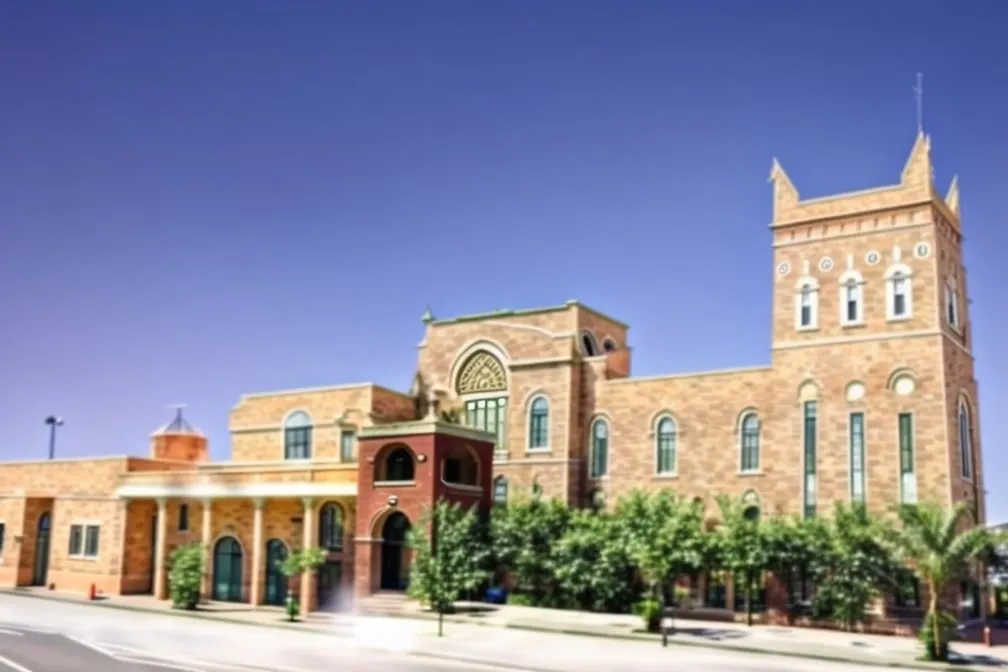
How is Argan Oil Extracted?
Argan oil is extracted from the kernel inside the Argan fruit. The extraction process begins with the collection and sun-drying of Argan fruits. The dried fruits are then cracked open to retrieve the Argan kernels. These kernels are either roasted for edible oil or left unroasted for cosmetic oil, then cold-pressed to extract the oil.
What is Virgin Argan Oil, and How is it Different from Regular Argan Oil?
Virgin Argan oil, often referred to as extra virgin Argan oil, is the purest form of Argan oil. It is cold-pressed from unroasted Argan kernels, ensuring all its natural properties are preserved. Unlike regular Argan oil, which may contain additives or undergo processing, virgin Argan oil is completely pure and offers the highest quality.
How to Detect Adulteration in Argan Oil?
Adulteration, a pressing issue in the Argan oil market, often involves mixing the oil with cheaper alternatives like sunflower oil. Detecting adulteration in Argan oil can be challenging but is typically achieved through chemical analysis of the oil's fatty acid composition. Consumers can look for signs of adulteration by assessing the oil's aroma, color, and rate of absorption pure Argan oil absorbs quickly, leaving no residue.
Where can you Buy Quality Argan Oil?
Purchasing Argan oil can be a daunting task, given the myriad of options available. When buying Argan oil, look for "100% pure Argan oil" or "cold-pressed" on the label. It's also advisable to choose Argan oil sold in dark glass bottles to prevent oxidation. Quality Argan oil can be found in health stores, beauty shops, and online platforms specializing in organic products.
Conclusion:
Delving into the world of Moroccan argan oil reveals a fascinating interplay between tradition and modernity. Whether destined for culinary delights or cosmetic enchantment, the precious oil obtained from the argan tree holds a special place in the hearts of those who appreciate natural luxury. From the careful selection of kernels to the meticulous cold-pressed extraction process, each step contributes to the quality of the extracted oil and the effect of argan oil that is as nourishing as it is pure.
Virgin argan oil stands as the gold standard, embodying the full spectrum of the argan tree's offerings without compromise. As with any treasured resource, challenges such as adulteration necessitate vigilance and a thorough understanding of the oil's characteristics.
For consumers and enthusiasts alike, the journey to embracing argan oil is lined with the assurance of its remarkable benefits - a testament to the enduring legacy of the Moroccan argan forests. Embracing argan oil is not just a choice but an experience, one that enriches our senses and promises a touch of Moroccan tradition in every golden drop.
Key Points:
- Cosmetic argan oil is harvested from the unroasted kernels of Moroccan argan trees, ensuring high oil quality without the use of heat.
- The production of cosmetic argan oil involves methods that preserve the oil's essential fatty acids and nutrients.
- Cold-pressed argan oil is generally preferred to maintain the integrity of the oil's beneficial properties.
- The argan tree's environment contributes to the oil content and quality of the argan oil produced.
- Argan oil shows promise in both cosmetic and culinary applications, with each type offering distinct advantages.
- The oil obtained from the argan kernel is rich in vitamin E and antioxidants, supporting skin health.
- The cosmetic and edible oils are distinct; the former is used for skincare, while the latter enriches Moroccan cuisine.
- Virgin argan oil, the most sought-after variety, is prized for its purity and higher fatty acid content.
- Adulteration affects the market, but awareness and chemical analysis can protect oil quality.
- Insight into the production of cosmetic argan oil can inform consumer choices, ensuring they receive genuine, high-quality products.
Hashtags:
ArganOil, #MoroccanArganOil, #ColdPressed, #CosmeticOil, #EdibleOil, #FattyAcids, #VegetableOil, #QualityControl, #ArganTree, #ArganKernel, #BenefitsOfArganOil, #MoroccanArgan, #ArganOilAdulteration, #ArganOilExtraction, #ArganOilQuality, #ArganOilProduction, #TraditionalOil.
Referrals:
- "Argan Oil: Chemical Composition, Extraction Process, and Quality Control" | PMC
- "The Ultimate Guide to Argan Oil" | Argan Oil Direct
- "11 Tips To Buy Good Argan Oil" | Essentials You
- "Differences between the four argan oil types Traditional oil..." | ResearchGate
- "What are the different grades of natural argan oil?" | Quora
- "Argan Oil, Virgin, Cold Pressed and Organic" | Natural Spa Supplies
- "Argan Oil: Chemical Composition, Extraction Process, and Quality Control" | Frontiers in Nutrition
- "Pure Organic Moroccan Argan Oil" | Pearl Natural Oils
- "Pure Moroccan Argan Oil Cosmetic Grade" | Vital Minerals
- "Argan Oil: What Should I Know About It?" | Verywell Health
Frequently Asked Questions (FAQ)
Q: What is Moroccan Argan Oil and why is it popular?
A: Moroccan Argan Oil is a natural oil extracted from the kernels of the Argan tree native to Morocco. It is popular for its numerous benefits for skin, hair, and nails due to its rich content of nutrients and antioxidants.
Q: How is 100% Cold Pressed Moroccan Argan Oil produced?
A: 100% Cold Pressed Moroccan Argan Oil is produced by pressing the kernels of the Argan tree without using any heat or chemicals, ensuring that the oil retains its natural properties and nutrients.
Q: What are the differences between cosmetic and culinary Argan Oil?
A: Cosmetic Argan Oil is specifically produced for skincare and haircare purposes, while culinary Argan Oil is used for cooking and food preparation. The two types may differ in terms of refining processes and purity.
Q: How can I identify the quality of 100% Cold Pressed Moroccan Argan Oil?
A: The quality of Argan Oil can be determined by its color (golden yellow), scent (nutty aroma), and texture (light and non-greasy). Look for organic certifications and ensure it is 100% pure without any additives.
Q: What is the importance of argan oil oxidative stability?
A: Argan oil oxidative stability refers to the ability of the oil to resist oxidation and degradation when exposed to air, light, or heat. High oxidative stability ensures the oil maintains its quality and benefits for a longer period.
Q: How can I detect adulteration in Virgin Argan Oil?
A: Adulteration in Virgin Argan Oil can be detected through laboratory tests that check for the purity of the oil, the presence of other oils or substances, and the levels of specific components that are unique to authentic Argan Oil.
Q: Where can I buy authentic 100% Cold Pressed Moroccan Argan Oil?
A: Authentic Moroccan Argan Oil can be purchased from reputable beauty stores, online retailers, or directly from producers in Morocco. Look for certifications, read reviews, and ensure the product is 100% pure and cold-pressed.
Q: What is 100% Cold Pressed Moroccan Argan Oil?
A: 100% Cold Pressed Moroccan Argan Oil is a high-quality oil extracted from the kernels of the argan tree native to Morocco. It is known for its cosmetic and culinary benefits. Argan oil is a pressed oil, pure and not an essential oil.
Q: How is Moroccan Argan Oil produced?
A: Moroccan Argan Oil is produced by cold pressing the kernels of the argan tree, which helps retain the oil's natural properties and nutrients.
Q: What are the benefits of using Argan Oil for hair and skin?
A: Argan oil is rich in essential fatty acids and antioxidants, making it beneficial for moisturizing skin, restoring shine to hair, and repairing damaged hair.
Q: How can I detect the purity of Argan Oil?
A: The purity of Argan Oil can be determined by checking the labeling for 100% pure or organic certifications and looking for a clear, golden color and a nutty aroma.
Q: What is the oxidative stability of Argan Oil?
A: Argan Oil has good oxidative stability, which means it is less likely to go rancid compared to other oils. Proper storage in a cool, dark place can help maintain its stability.
Q: How can one identify the adulteration of Virgin Argan Oil?
A: The adulteration of Virgin Argan Oil can be detected through chemical analysis methods that help determine the oil's purity and quality.
Q: Where can I buy authentic Cold Pressed Moroccan Argan Oil?
A: Authentic Cold-Pressed Moroccan Argan Oil can be purchased from reputable online retailers, specialty cosmetic stores, or producers in Morocco.
Q: Can Argan Oil be used for cooking?
A: Yes, Argan Oil can be used for cooking. Culinary Argan Oil is achieved through a different extraction process suitable for food preparation.

